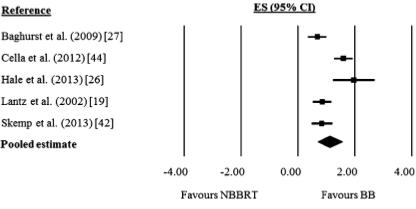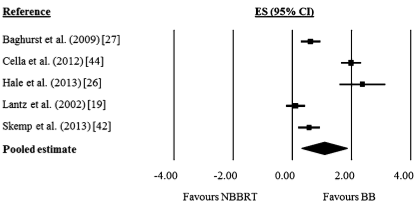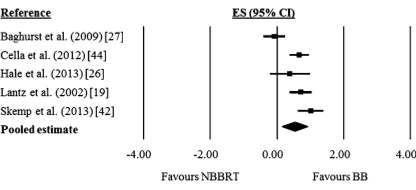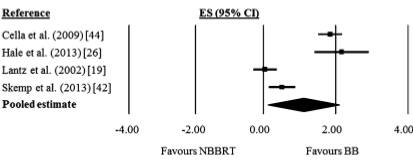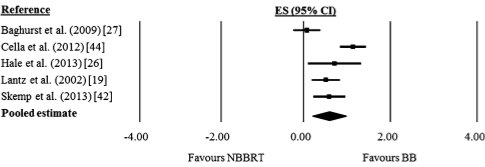|
Definition: "An ergogenic aid is any substance or phenomenon that enhances performance "
|
|
||||||||
09.12.2016 |
|
|
Strange guys, those bodybuilders
Bodybuilders must be a different type of person than men and women who do weight training for other reasons. They are more unsure about their body, use legal and illegal substances more often, are more often addicted to training and also diet more often. These are conclusions drawn by Australian sports scientists, at the University of Sydney, in the biggest study of its kind so far.
Study
Participants in all the studies had been given questionnaires to complete that were designed to detect muscle dysmorphia. Other names that psychologists give to muscle dysmorphia include Adonis complex and bigorexia.
Some experts think it's exaggerated to regard muscle dysmorphia as a psychological disorder. But according to a group of psychiatrists and psychologists, muscle dysmorphia is a genuine psychiatric disorder, characterised by compulsive training, use of substances and an unhealthy longing for more and more muscle mass.
Results
Bodybuilders used pharmacological substances more often than non-bodybuilders, as the figure below shows.
The figure above shows that bodybuilders were exercise dependent more often than other strength athletes. They didn't feel good if they couldn't train, couldn't function well if they hadn't done a workout, or trained when they would have been better off not doing so, for example when they were ill or injured.
The bodybuilders were more often likely to be ashamed of parts of their body, and to hide them with their clothing, than non-bodybuilders.
Women
Serious
Questions
"Longitudinal studies, controlling for the effect of training and non-training days, would enable measurement of changes in muscle dysmorphia symptoms over different stages of bodybuilding preparation and further explicate the nature of the relationship between bodybuilding and muscle dysmorphia symptoms."
Source:
More:
Archives: |
|

